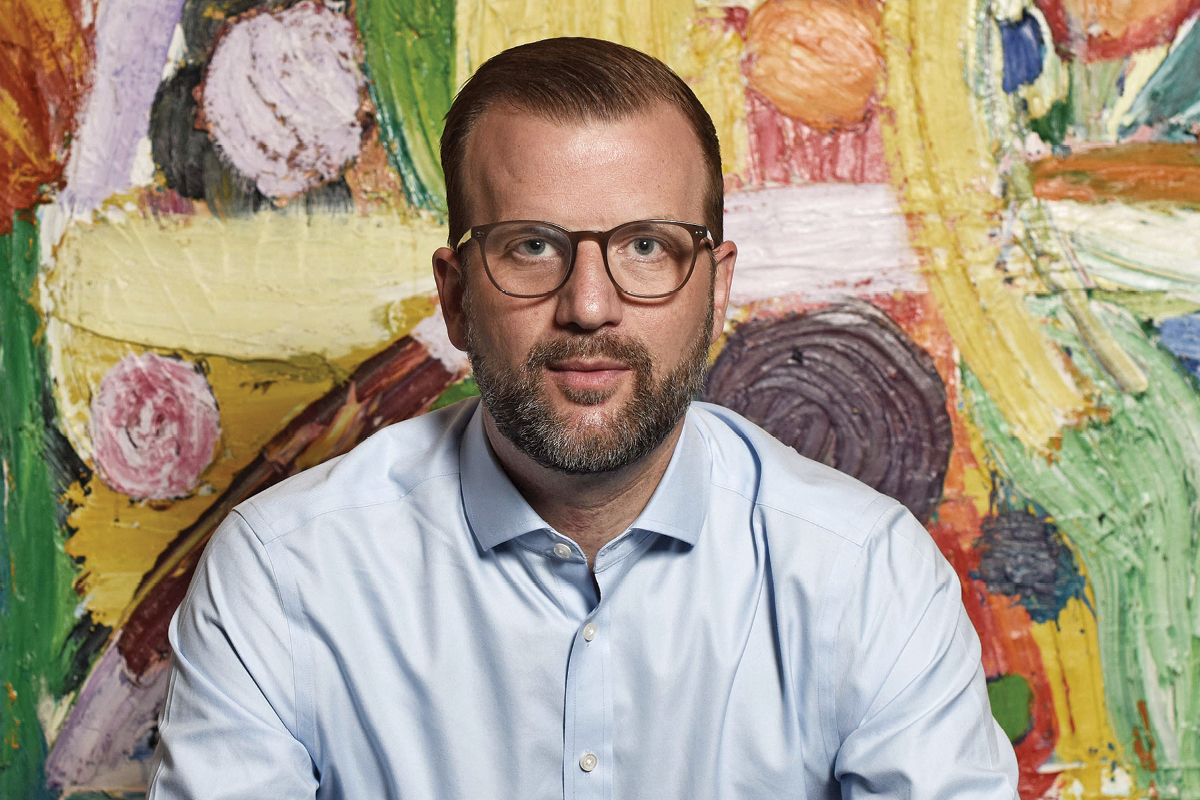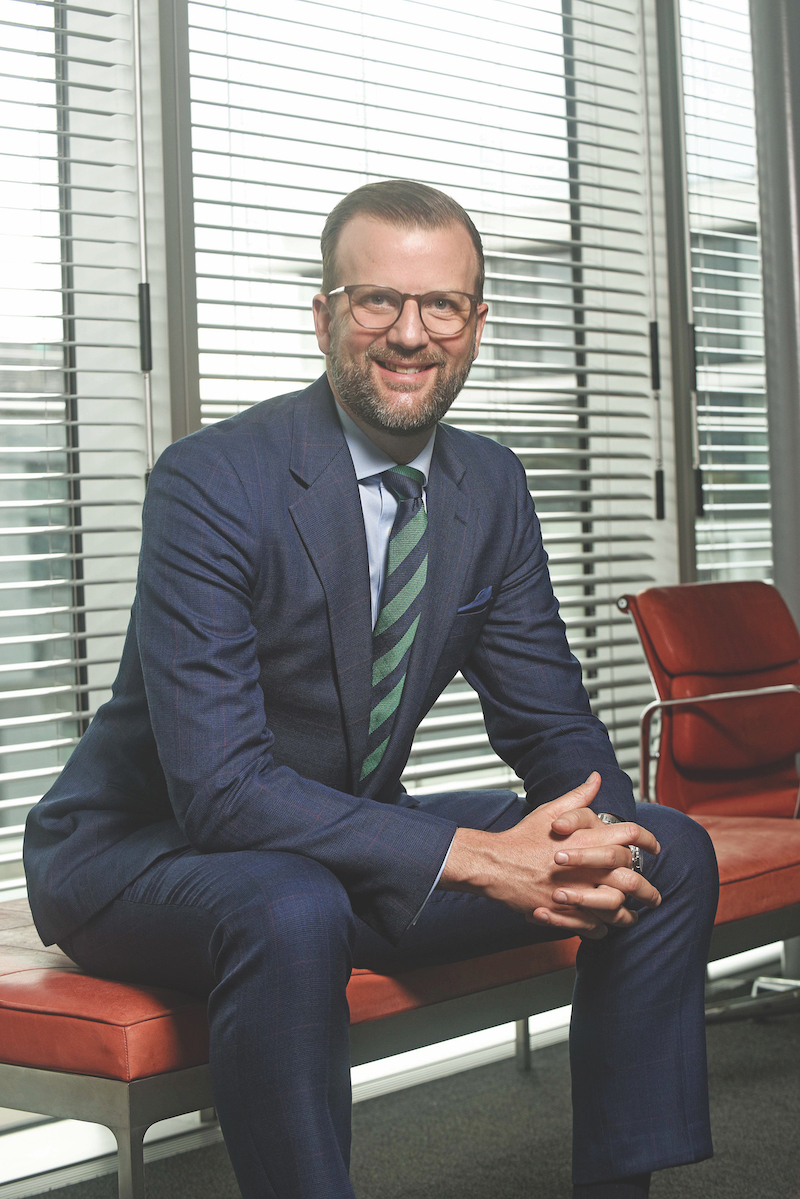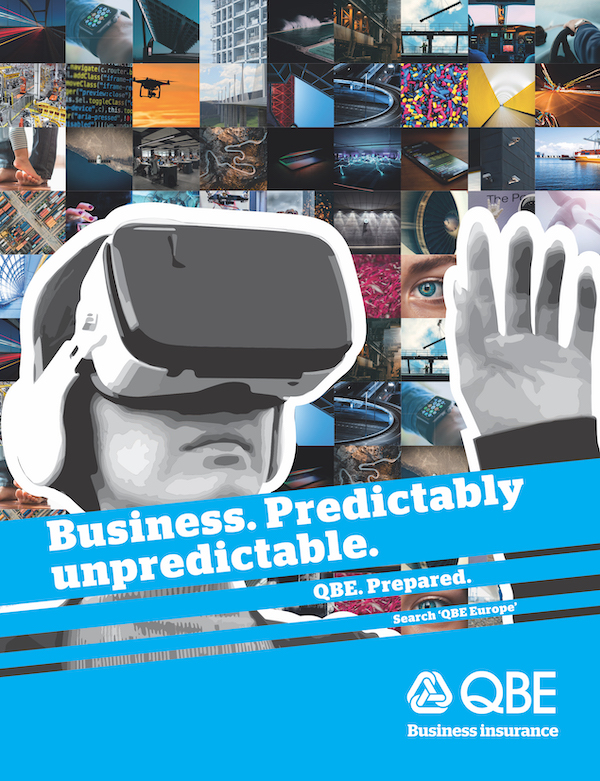What are the differences in corporate cultures around the world? Alistair Fraser is asked this question frequently. He is something of a globetrotter, having lived and worked in Singapore and Indonesia before moving back home to the UK for his current role as CEO of the UK Corporate division of insurance broking firm Marsh. His answer to the question always is that there are no major differences.

He compares his experience in his previous role as CEO of Marsh Indonesia with his current role in the UK: “The markets may be very different – one is emerging and one is mature but, fundamentally, there are many similarities in people’s desires and wants. Everyone wants to belong to something; they want to feel like they are a part of a successful organisation that not only looks after them and cares for them as human beings, but also has a broader purpose in society.”
With this in mind, Alistair has striven to build a sense of community in the division he leads. “I want to nurture a culture of appreciation. Saying thank you to a colleague for working hard or doing a good job can mean a lot. Humanity and giving people a common goal is very important.”
Being knee-deep in the risk management industry and seeing firsthand the issues faced by the companies Marsh looks after has only affirmed to Alistair the need for compassionate management.
“One of the biggest challenges corporations are facing is the attraction and retention of talent,” he says. “Today, attracting talent is about more than just the pay package. The millennial generation wants flexible careers that give them a sense of purpose and engagement. The old days of employees going through a linear promotion route are over.”

Alistair believes that an open-door policy is an integral part of fostering employee engagement. “I acknowledge that I do not have the answers to everything, so I really value insight from all my colleagues, whether they have 30 years of experience or three months of experience,” he says.
“This also brings diversity into the room – and I don’t mean diversity in the conventional sense of culture or gender, although those are also important, but diversity of thought.”
Marsh’s global presence in more than 130 countries means the firm is definitely not suffering from a lack of diversity. It keeps Marsh on top of developments around the world in all its clients’ industries.
This, coupled with good communication, is what brings the best service to clients. “We encourage our executives to always be tapped into their clients’ industries,” explains Alistair.
“When we see or hear something on the news that may cause significant disruptions in an industry, we call up our clients to find out how it affects them. That’s how we try to understand risks in various industries and decide on the solutions we can provide. It’s a constant process and an important one.”
Although risk management is a business, it is, at its heart, about helping corporations – and therefore the people who depend upon those corporations for a livelihood – survive hard times.
Talking to Alistair, it is apparent that humanity is a quality he hopes to uphold in all aspects of the firm’s operations.
“We must never forget that we are a human business.”
“Sometimes insurance becomes commoditised to the point where it’s a price-focused purchase instead of a value-focused purchase,” he says. “But I want to make sure that Marsh always articulates value to clients.
“I want to make sure that Marsh always articulates value to clients.”
“We must never forget that we are a people business. We are 75,000 humans across the globe, more than 500 of whom are my responsibility, and we all have family. We want to give our staff something meaningful to do so that when they go home at night, they can tell their families that they have done something helpful for a client today, and that this is a great business to be in.”
Proudly supported by:



